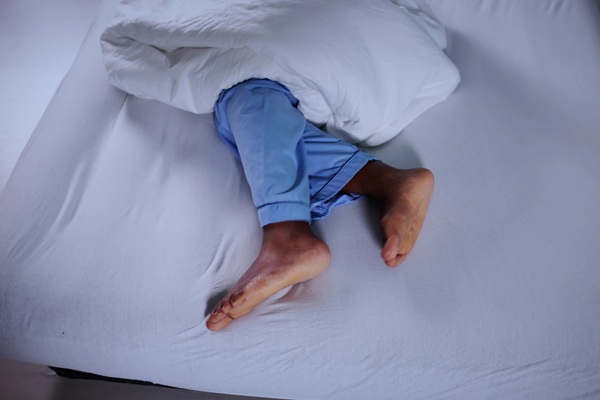The Facts You Should Know About Post Partum Depression

Postpartum depression is a severe condition that causes many women to feel increasingly sad after the birth of their new baby. It is important to note that mostly all women will go through a time known as "baby blues" where they feel sad, have increased anxiety, trouble sleeping, and other problems. These baby blues can be temporary. However, postpartum depression may not go away, become severe or interferes with a woman's daily life and schedule.
It is essential to recognize the signs of it, and for a woman to get the help, she needs if she is suffering.
Signs of postpartum depression
There are many signs of postpartum depression. The symptoms may be noticed by a woman, her physician, or her significant other. The typical signs include, but are not limited to:
- Increased anxiety
- Increased sadness
- Increased sleepiness
- Reduction in the ability to care for others
- Thoughts of suicide
- Overwhelming feelings that are hard to make go away
- Moody or irritable
- Crying more often than usual
- Physical aches and pains
Some women will have all of these symptoms, while others may only suffer from one or two. This makes it essential to see a doctor for a proper diagnosis.
Who is at risk for postpartum depression
Any woman who has a baby is at risk for developing postpartum depression. Women are more prone to having this type of depression if they have some of these:
- Postpartum depression in the past with another child
- History of mental illness that runs in the family
- Previous experience with depression, even if it is not postpartum related
- Negative feelings about the pregnancy
- Medical complications with the pregnancy
- Substance abuse issues
- Lack of emotional or physical support
- Stressful life events
Even if a woman does not have any of these after she has a baby, she is still at risk for developing this type of depression. It is essential to see a provider if a woman feels that she may have this condition.
Treatment options
The options available depend on the individual woman and her specific situation. It is essential to consider all the options before moving forward with one. Some of the treatment options include:
Medications
Medications are often the most used treatment options for this type of depression. There are many available that can help a woman get back to herself. Depending on her medical history and the severity of the depression, a medication will be recommended. Antidepressants can take a few weeks to work, and women should let their provider know if they are breastfeeding.
Therapies
Talk therapy is one of the most widely used treatments. When therapists who specialize in postpartum help, it can be possible to reach a better mental and emotional state. Cognitive behavioral therapy and interpersonal therapy are also both recommended for the woman going through this situation.
Get the help you need
If you think you have postpartum depression, seek help right away, both for yourself and for your new child.
For more information or to schedule an appointment with Hope TMS and Neuropsychiatric Center, request an appointment in our New York office here: https://www.hopetmsofny.com. Or call us at (646) 578-8152.
Check out what others are saying about our services on Yelp: Read our Yelp reviews.
Recent Posts
Restless leg syndrome can make evenings difficult by creating an urgent need to move the legs when the body tries to rest. Considering symptoms like crawling or pulling often intensify at night, sleep quality can drop, and daytime energy can follow. With the right support, many people can manage their symptoms and get a good…
PTSD syndrome can shape your daily experiences in significant ways, from your emotional balance to your physical health and personal stability. Symptoms of PTSD can become an invisible burden that affects your routine and interpersonal connections. While these symptoms vary from person to person, they can impact every corner of your life without the right…
Adult ADHD therapy supports individuals navigating challenges with focus, time management, and emotional regulation. While attention deficit hyperactivity disorder, or ADHD, is commonly diagnosed in childhood, its symptoms can persist into adulthood, often interfering with careers, relationships, and daily tasks. Professional therapy offers a structured approach to managing these difficulties and building long-term strategies for…
Transcranial magnetic stimulation, also known as TMS treatment, is an innovative and noninvasive therapy for several mental health conditions. By using magnetic fields to stimulate specific areas of the brain, TMS is an effective treatment for cases where traditional methods have provided little to no relief. It is important to know which mental disorders are…


